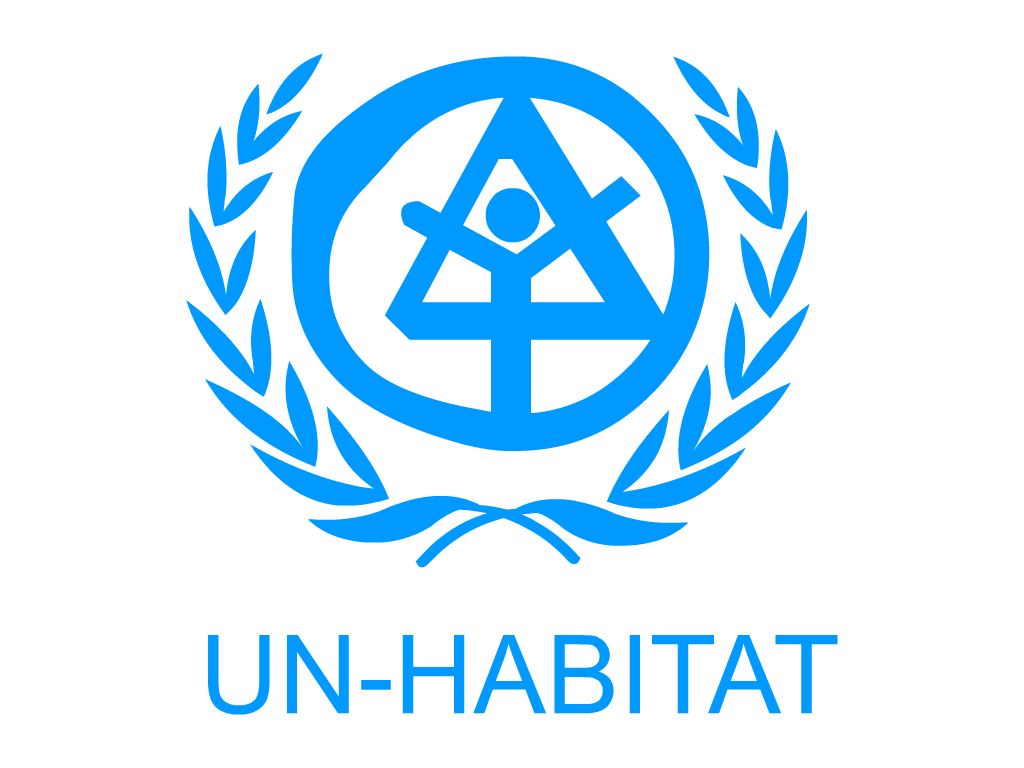L’UN-HABITAT recrute un Analyste de données spatiales, Nairobi, Kenya
Result of Service
Successful generation and compilation of geospatial data on three SDG indicators – 11.2.1, 11.3.1 and 11.7.1 in 150 priority cities from Africa, Asia, Latin America and the Caribbean, Asia, the Arab States, Oceania and Europe and North America which are part of DAU’s Baseline Indicator Estimates Programme.
Work Location
Nairobi
Expected duration
6 months
Duties and Responsibilities
BACKGROUND
As part of UN-Habitat’s efforts to provide technical support to countries worldwide for efficient monitoring and reporting on urban development agendas, the Data and Analytics Unit (DAU – formerly known as Global Urban Observatory (GUO) under the Knowledge and Innovation branch, is currently leading SDG 11 and the NUA monitoring at the global level. This task involves development of methodologies which are globally applicable and adaptable to the country level for urban data generation, their piloting, building the capacity of countries to use these methods and undertake continuous reporting on the urban related indicators, and supporting countries and cities to generate accurate and up to date data which is used for national and global reporting on the progress towards sustainable cities and human settlements. As postulated in the SDG monitoring framework, the structures for data collection, and the resulting data should be disaggregated across several thematic areas – gender, age, persons with disability. UN-Habitat is directly in charge of 11 indicators within the SDG framework (8 in SDG 11, 2 in SDG 1, and 1 in SDG 6), and supports work on 7 other SDG 11 indicators.
RESPONSIBILITIES
The spatial data analysis junior assistant will work in the Knowledge and Innovation Branch, under the direct supervision of the task manager and the Chief of the Data and Analytics Unit. The consultant will be responsible for the following tasks:
1. Extraction of built-up areas and open spaces from satellite imagery.
2. Digitization of public transport stops from various open data sources.
3. Collection of data from various national statistical offices and other verified sources and assessing its correctness and authenticity before it is integrated into the urban indicators database.
4. Contributing to the development of tools and executable programmes for spatial data analysis.
Qualifications/special skills
A first-level university degree in remote sensing, geographic information systems, urban planning, geography or any other closely related field is required
At least 2 years’ experience working on spatial data analysis, image interpretation, data extraction from satellite imagery, GIS analysis, digitization, or maps production is required
High proficiency in Geographic Information Systems and remote sensing software (egs ArcGIS, ArcGIS online, QGIS, ErdasImagine, ENVI) is desired
Experience working as a spatial data analyst is desirable. Some level of knowledge of and experience working with the SDGs is highly desirable. Knowledge in GIS relevant programming skills, geostatistical workflows and GIS online systems will be an added advantage.
For this consultancy, fluency in oral and written English is required. Although not a requirement, knowledge of any other UN language will be an advantage.
No Fee
THE UNITED NATIONS DOES NOT CHARGE A FEE AT ANY STAGE OF THE RECRUITMENT PROCESS (APPLICATION, INTERVIEW MEETING, PROCESSING, OR TRAINING). THE UNITED NATIONS DOES NOT CONCERN ITSELF WITH INFORMATION ON APPLICANTS’ BANK ACCOUNTS.
